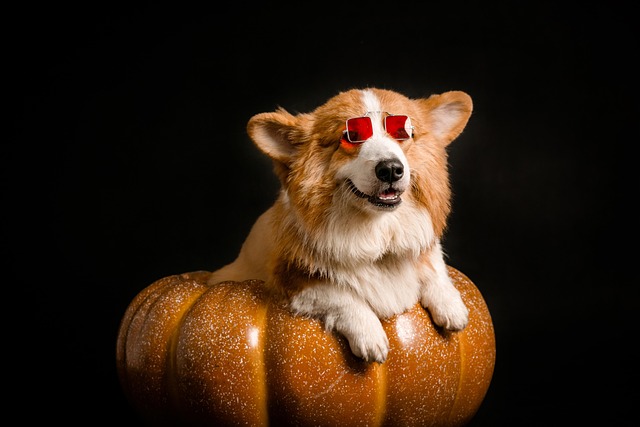
What can I give my dog for Tracheobronchitis?
When hearing a dog coughing violently, with a heavy and rapid breathing sound, and seeing its once lively figure becoming listless, the owner's heart tightens with worry.
With its small and delicate body, lively eyes, and a fluffy coat of fur like a cloud, the Pomeranian has captured the hearts of countless pet owners. However, as the guardians of Pomeranians, we should not only enjoy the warm moments spent with them but also always pay attention to their health. And determining whether a Pomeranian is overweight is a crucial step in safeguarding its well-being.
From a scientific perspective, the ideal weight of a Pomeranian varies slightly depending on its age and gender. Generally, the weight of an adult Pomeranian ranges from 3 to 7 pounds (1.36 to 3.18 kilograms). During the puppy stage, Pomeranians experience rapid weight gain and should follow a specific growth curve. However, numbers are not the only criterion for judging if a Pomeranian is overweight. Visual and tactile inspections are equally important.
When observing a Pomeranian, we can pay attention to its body shape from the side and above. When viewed from the side, a healthy Pomeranian will have a noticeable tuck-up in the abdomen, as if it is wearing a carefully tailored little skirt. If the tuck-up of the abdomen is not visible, or even the abdomen is sagging, it may be overweight. When viewed from above, a healthy Pomeranian has a flat back, and its ribs are slightly visible. If there is fat accumulation on the back and the outline of the ribs cannot be seen, it indicates that the Pomeranian is at risk of being overweight.
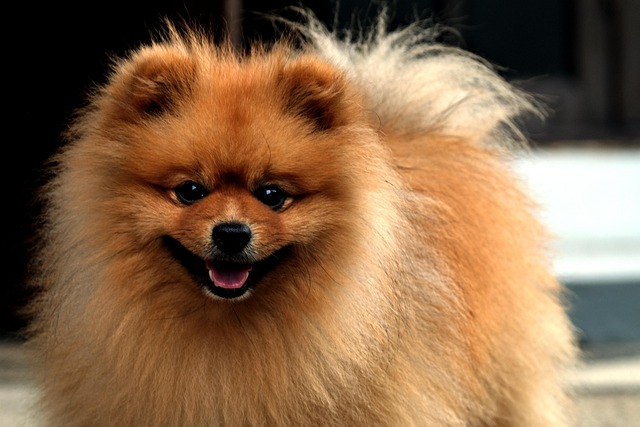 In addition to the visual inspection, a tactile inspection allows us to more accurately determine whether a Pomeranian is overweight. Gently stroke the Pomeranian's ribs with both hands. Under healthy conditions, you can feel the ribs, just like touching a string of small beads through a thin layer of fat. If it is difficult to feel the ribs and it feels like touching a thick cushion, it means that the Pomeranian has too much fat and may be overweight. At the same time, stroke the Pomeranian's waist and spine. There should be a slight depression in the waist, and the spinal bones should be clearly distinguishable. If there is too much fat in the waist and the spine is covered by fat, it is also a sign of being overweight.
In addition to the visual inspection, a tactile inspection allows us to more accurately determine whether a Pomeranian is overweight. Gently stroke the Pomeranian's ribs with both hands. Under healthy conditions, you can feel the ribs, just like touching a string of small beads through a thin layer of fat. If it is difficult to feel the ribs and it feels like touching a thick cushion, it means that the Pomeranian has too much fat and may be overweight. At the same time, stroke the Pomeranian's waist and spine. There should be a slight depression in the waist, and the spinal bones should be clearly distinguishable. If there is too much fat in the waist and the spine is covered by fat, it is also a sign of being overweight.
Diet and exercise habits can also reflect whether a Pomeranian is overweight. If a Pomeranian has an intense craving for food, stares at the owner after finishing its own meal, and even rummages through the trash can, this may be a sign of being overweight. Some owners, out of doting, frequently feed their Pomeranians high-calorie snacks or food from the dining table, resulting in their calorie intake far exceeding what their bodies need. Insufficient exercise is another major cause of overweight in Pomeranians. Although Pomeranians are small in size, they are full of energy and require a certain amount of time for walking and playing every day. If a Pomeranian is kept indoors for a long time and cannot burn off its excess energy, fat will accumulate.
The harm that overweight brings to the health of Pomeranians should not be underestimated. Firstly, it will put a huge strain on the Pomeranian's joints. Their originally slender limbs have to bear a weight beyond the normal range, accelerating joint wear and leading to diseases such as arthritis, making the Pomeranian suffer when walking or running. Secondly, being overweight will increase the burden on the Pomeranian's heart and respiratory system, causing health problems such as heart disease, high blood pressure, and difficulty breathing, which pose a serious threat to its life.
As the owners of Pomeranians, it is our unshirkable responsibility to determine whether they are overweight. Every careful observation and every gentle stroke is a silent expression of our love for them. Because Pomeranians are not just pets but also members of the family. They light up our lives with their unconditional love and companionship. We should also use scientific methods to safeguard their health. When we find that a Pomeranian is overweight, we should adjust its diet structure, control calorie intake, and increase its amount of exercise. In this process, we will not only gain a healthy body for the Pomeranian but also a deeper emotional bond with each other. Let's cherish every moment spent with our Pomeranians and create a healthy and happy living environment for them with our love.

When hearing a dog coughing violently, with a heavy and rapid breathing sound, and seeing its once lively figure becoming listless, the owner's heart tightens with worry.
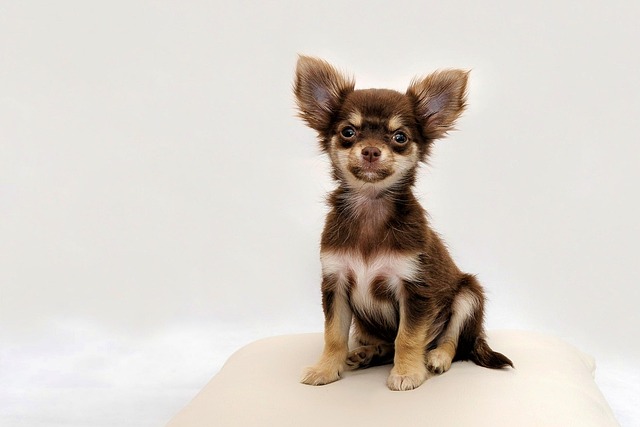
When we notice that dogs frequently scratch their ears, shake their heads, and even emit unpleasant odors, our hearts are filled with worry.

Dog paw dermatitis, a seemingly insignificant disease that causes countless furry children unbearable pain, concerns every shit shoveling owner.
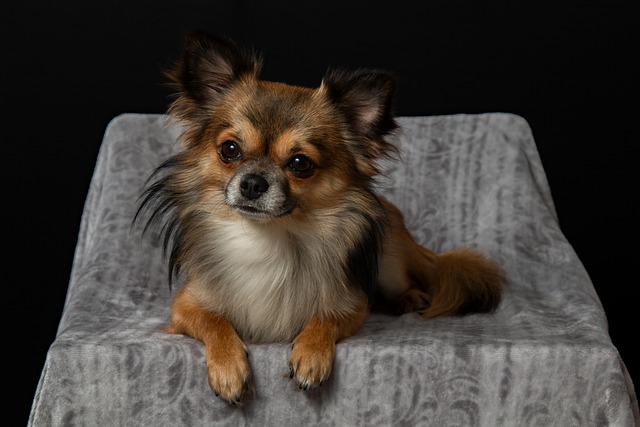
Watching the dog frequently making the defecation posture but failing to defecate smoothly, restlessly circling on the ground,
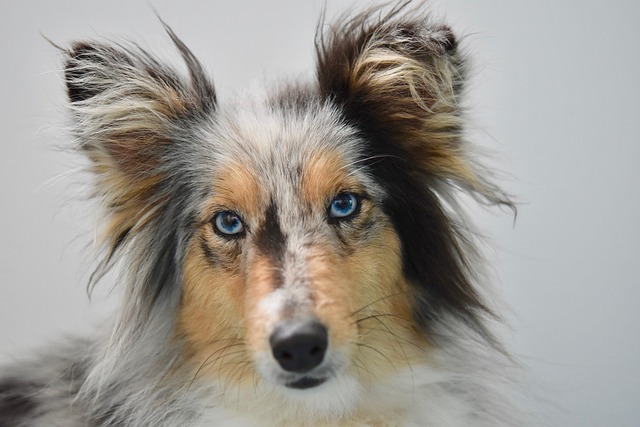
When we find that the dog frequently makes the defecation posture but fails every time, and it anxiously circles in place,
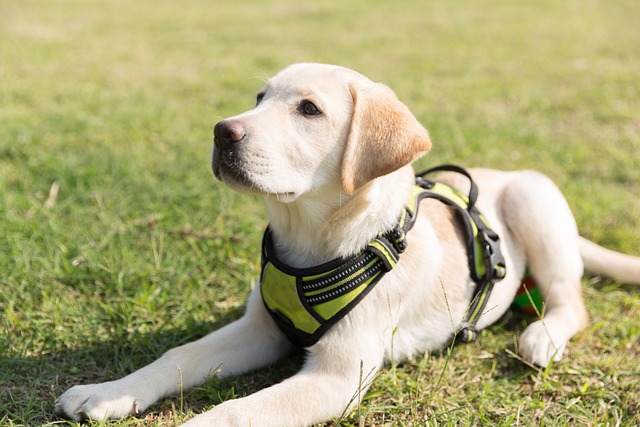
When you notice that your usually lively and bright-eyed dog's eyes start to turn red, shed tears frequently, and even squint and resist your touch, your heart will clench with worry. This might mean that the dog has keratitis.